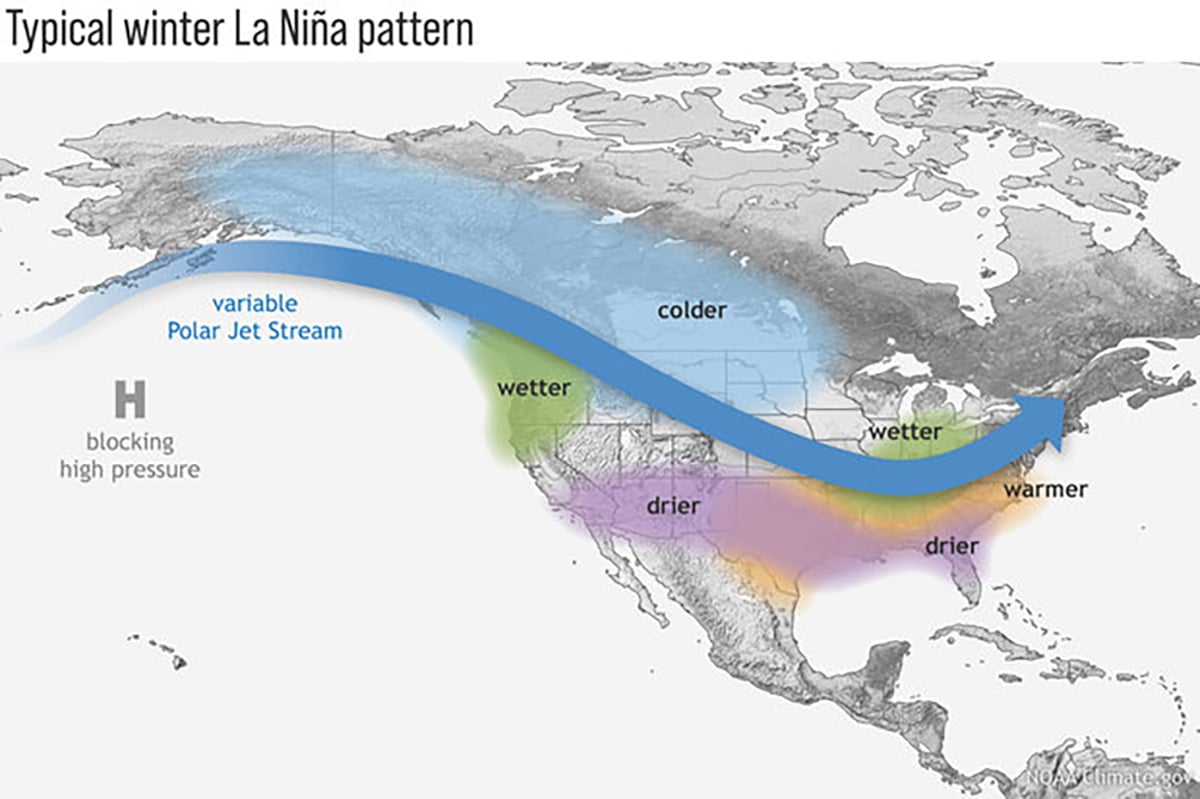Size doesn’t matter | Small operations must be managed differently
Small and medium-sized farmers can be easily intimidated by farmer neighbours who are cropping many thousands of acres.
However, Kevin Hursh says smaller farmers need to shake off their low self-esteem and realize that they might be just as viable as the giants around them.
“If you can make money and you’re happy doing what you’re doing and you have some work-life balance, the hell with them,” the Saskatchewan agrologist, farmer and media commentator said about those who mock smaller farms.
“There’s nothing wrong with running a moderate-sized farm operation as long as the numbers work,” he told a presentation at the CropConnect conference Feb. 18.
Read Also

Weather factors to watch this winter
There are currently three main factors that could be a driving force behind the type of weather we may see this winter. The first is La Nina, which is currently in a weak stage.
The main threat to a small farm’s future is often in the farmer’s mind, Hursh added.
“I think we need to manage our attitude,” he said.
“Sometimes I think we get an inferiority complex if you’re only 1,000 acres or 2,000 acres.”
He said small farms can be viable, but they shouldn’t just attempt to be mini versions of the huge farms with no fundamental differences.
“If we’re going to do just the same crops and market just the same way and pretend we’re a big guy but scaled down, we’re going to get big guy returns but scaled down.”
This won’t provide a good family income, he added.
Hursh said small farmers probably need to be more cautious.
Big farms tend to buy lots of land across a wide region and buy lots of new farm equipment, he said. Small farmers can probably be more cost efficient by having low debt, land that is closely connected and a production system that pays more hands-on attention to crops.
“If you can look at things you can do differently in your area and take advantage of cost savings or new crops or marketing opportunities or identity preservation, whatever works on your operation, I think that’s where we can make the difference.”
Hursh said small farmers can practise more careful and quality-focused production than can many large farmers, who often rely on employees.
He said big farmers are often mostly business managers rather than farmers, so small farmers can put their effort into actual production.
“A lot of us didn’t get into this to become a manager of managers or a manager of people,” said Hursh.
“I see that with some of the larger and larger operations. It’s becoming an office job.”
Smaller farmers need to forget about size and local social status and focus on whether they can make enough money to support themselves.
“You’ve got to do your numbers,” said Hursh.
“You’ve got to manage. You’ve got to figure what’s realistic from your land base and the crops you can grow, but look for new opportunities, look for things that you’re willing to do that maybe the larger scale operations are not as willing to do.”















